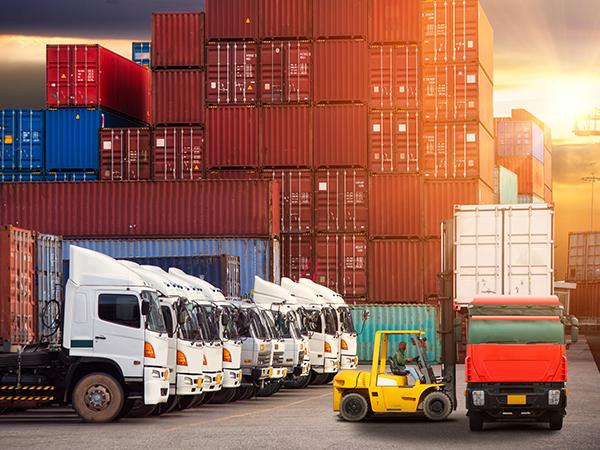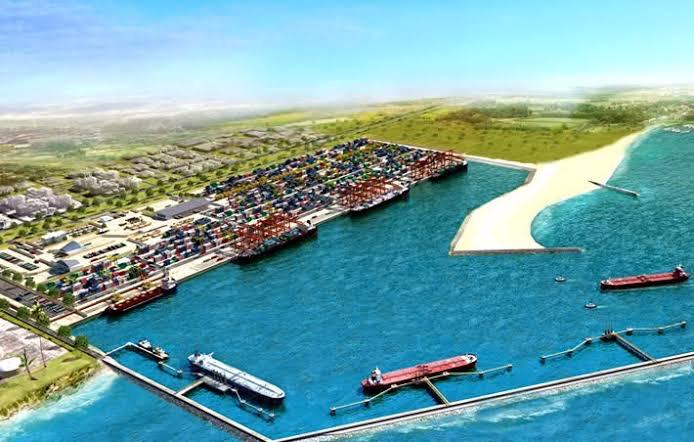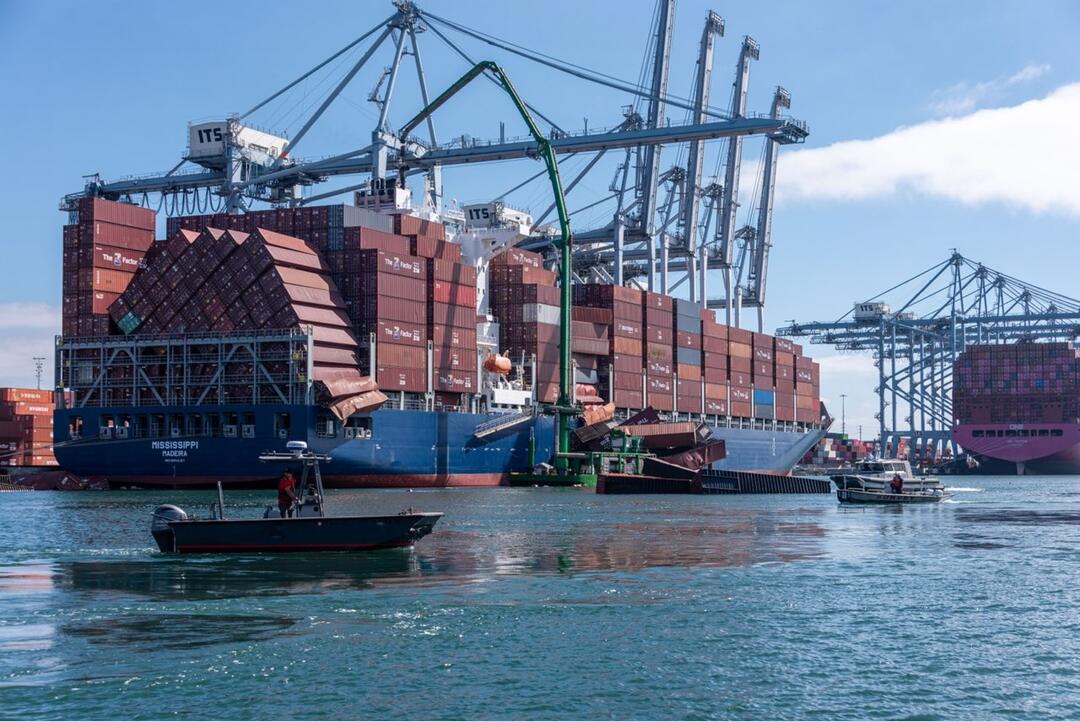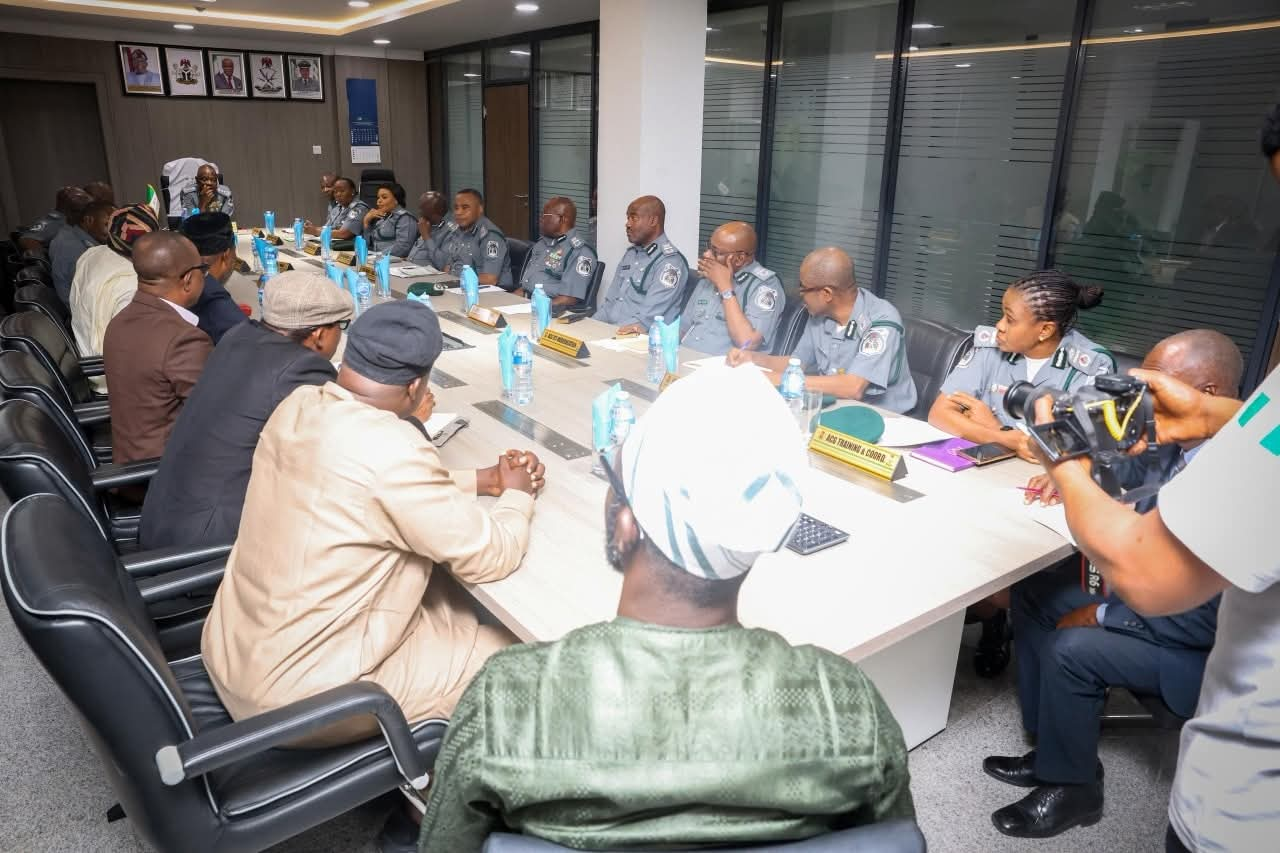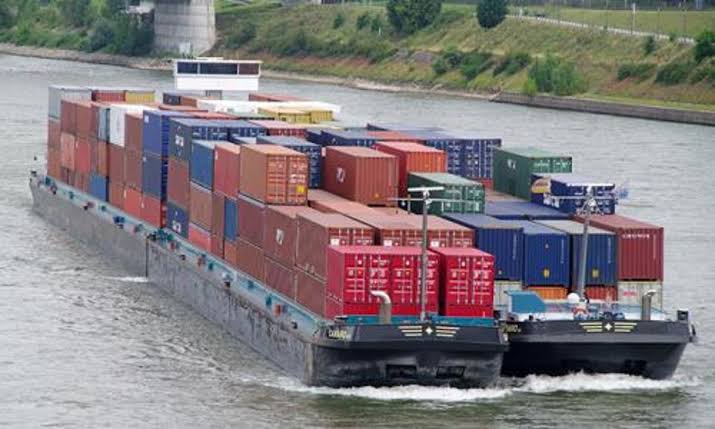The Nigerian Ports Authority (NPA) has rolled out Electronic Barrier Systems (EBS) across all terminals in Lagos ports as part of efforts to curb unauthorised truck diversions and enhance operational efficiency.
The system, which went live on September 1, is fully integrated with the Eto Electronic Call-Up platform managed by Messr Trucks Transit Parks Ltd. (TTP). It ensures that only trucks with valid, pre-approved call-up tickets can access port terminals, thereby tightening gate control and eliminating illegal entries.
NPA’s Managing Director, Dr. Abubakar Dantsoho, said the deployment addresses the persistent problem of truck diversions that have long disrupted traffic flow, productivity, and port operations. He explained that the barriers will boost transparency, improve coordination of truck movements, and strengthen overall port security.
“This initiative is a major step toward modernising port infrastructure and automating key processes,” Dantsoho stated in a release signed by the General Manager, Corporate Communication and Strategy, Mr. Okechukwu Onyemekara.
The authority also stressed that the project aligns with the Federal Government’s Ease of Doing Business agenda by promoting accountability, improving efficiency, and fostering a more business-friendly environment at the ports.
Stakeholders were acknowledged for their input during the consultation phase, which shaped the system’s design and implementation.
Background
For years, the Mile 2–Tin Can–Apapa corridor has been notorious for gridlock that stalled port activities and delayed cargo movement. To address this, the NPA launched the Eto electronic call-up system in 2021 to regulate truck movements. Under the system, trucks are required to use designated holding bays and can only proceed to the ports when scheduled through the Eto app.
Although the initiative improved scheduling, issues of illegal diversions and unauthorised access persisted.
The newly introduced Electronic Barrier Systems are designed to close these loopholes, ensuring stricter compliance with the call-up protocol and reinforcing the authority’s commitment to sustainable and efficient port services.



